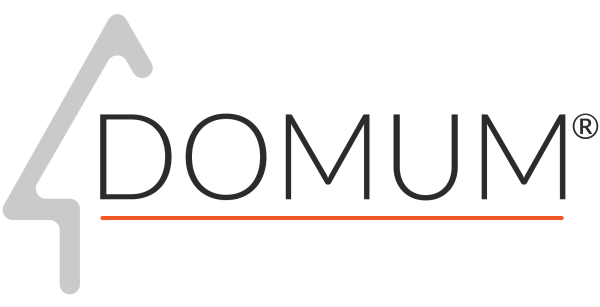Increased Organic Traffic
SEO helps attract more visitors to your website through improved search engine rankings, driving organic traffic without ongoing advertising costs.
Engage More Clients and Dominate Search Results
In today’s fast-paced digital world, traditional advertising just won’t cut it. With businesses worldwide heavily investing in SEO strategies, the competition is fierce and the landscape is continually evolving. At Two Trees PPC, we’re here to ensure you stay ahead of the curve with modern, data-driven strategies that resonate with your audience and drive results.

Search engine optimization (SEO) is an essential digital marketing strategy that enhances your website's visibility in organic search engine results. By optimizing your site's content, structure, and technical aspects, SEO drives targeted traffic, improves brand recognition, and boosts sales over time. Here's why integrating SEO into your business strategy is crucial for long-term growth.
SEO helps attract more visitors to your website through improved search engine rankings, driving organic traffic without ongoing advertising costs.
Ranking high in search results signals authority and trustworthiness to potential customers, leading to increased credibility for your brand.
Compared to PPC and other forms of paid advertising, SEO provides a high return on investment (ROI) over time, with sustainable results once established.
SEO efforts can compound over time, resulting in lasting benefits for your website's visibility and traffic, even after initial optimizations.
SEO targets users actively searching for products or services related to your business, ensuring higher-quality traffic with a greater likelihood of conversion.
SEO involves optimizing your website's structure, navigation, and content, leading to a better user experience and higher engagement rates.
Businesses that invest in SEO stay competitive by adapting to search engine algorithm updates and maintaining high-ranking positions against competitors.
SEO performance can be tracked and analyzed using various metrics such as rankings, traffic, and conversions, providing actionable insights for ongoing optimization efforts.
SEO helps businesses increase visibility within their local community, attracting nearby customers searching for products or services you offer.
Search engine optimization (SEO) involves optimizing a website's technical setup, content relevance, and link popularity to enhance its visibility and relevance in search engine results. This process ensures that web pages are easily discoverable, highly relevant to user search queries, and subsequently ranked more favorably by search engines.
SEO typically takes about 3 to 6 months to start showing noticeable results. However, the exact timeframe can vary depending on several factors, including:
While initial improvements can be seen within a few months, achieving and maintaining top rankings is an ongoing process that requires continuous effort and optimization.
Here are 5 Examples of SEO:
The best keywords to target in SEO align with your business goals and resonate with your target audience. Long-tail keywords, which are more specific phrases, can attract users closer to making a purchase, while low-competition keywords help achieve higher rankings more quickly. Local keywords are essential for businesses serving specific geographic areas, and transactional keywords indicate a user's intent to make a purchase. Informational keywords address common questions your audience has, attracting visitors at the top of the sales funnel, while branded keywords capture searches specifically looking for your business. Additionally, industry-specific keywords attract a targeted audience interested in your particular field.
The key difference between search engine optimization (SEO) and pay-per-click (PPC) advertising is rooted in their strategies for attracting visitors: SEO focuses on earning traffic through natural search results, whereas PPC seeks to acquire traffic by purchasing ads on search engines, social media platforms, and various display networks.
Success in SEO is measured through various metrics, including organic traffic, keyword rankings, and conversion rates. Tools like Google Analytics and Google Search Console help track these metrics by providing insights into how users find and interact with your website. Additionally, measuring the quality and number of backlinks, along with improvements in domain authority, can indicate SEO effectiveness. Ultimately, increased visibility, higher engagement, and more conversions signify successful SEO efforts.






